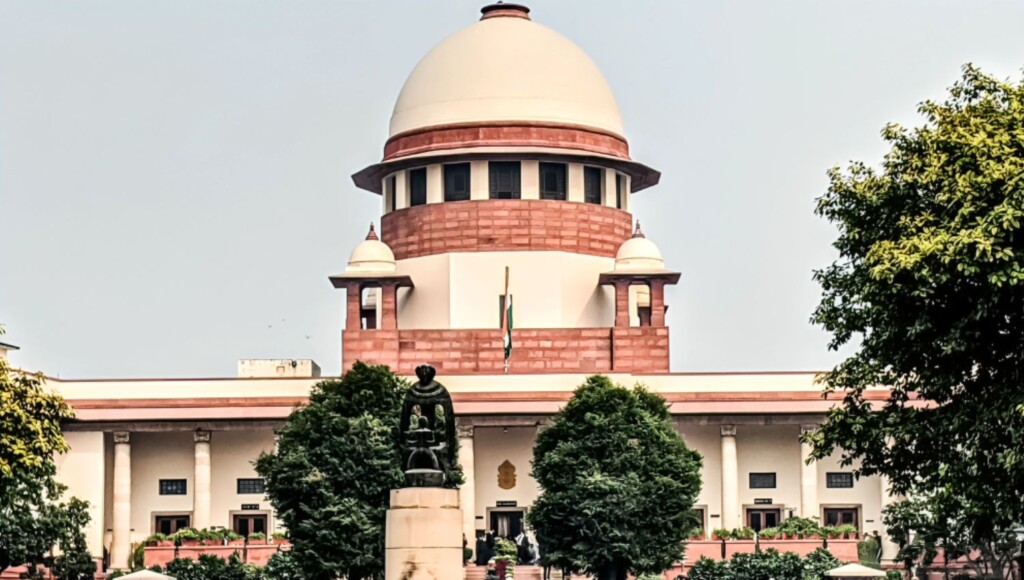On Tuesday, the Supreme Court overturned a judgment from the Calcutta High Court that controversially suggested “adolescent girls to control their sexual urges.” The Supreme Court reinstated the conviction of a man previously acquitted by the High Court for the rape of a minor girl with whom he was said to have had a ‘romantic affair.’
In 2023, a division bench of the Calcutta High Court acquitted the accused in a sexual assault case, making contentious remarks that advised adolescent girls to ‘control’ their sexual urges.
The Supreme Court criticized this statement, labeling it as “highly objectionable and completely unwarranted.” The Court emphasized that judges should not “preach” in their rulings. Additionally, it pointed out that certain sections of the High Court’s decision were “problematic,” asserting that such judgments were “absolutely wrong.” The West Bengal government subsequently filed an appeal against the ruling and requested a suo motu hearing.
In its ruling, the high court remarked that young women ought to “manage their sexual impulses,” asserting that “in the perception of society, she is deemed a failure when she succumbs to the fleeting enjoyment of sexual pleasure lasting merely a couple of minutes.” This commentary arose during the appeal of a man who had initially received a 20-year sentence for sexual assault, from which he was later acquitted.
The supreme court noted that in the appeal against the conviction, the high court was tasked solely with evaluating the merits of the case at hand.
“However, we observe that the high court has addressed numerous issues that are not pertinent. At first glance, we believe that in composing a judgment for such an appeal, judges should refrain from articulating their personal opinions. They should not engage in moralizing,” it stated.
What did the High Court say?
In its ruling, the high court exonerated the individual, asserting that the situation constituted a “non-exploitative consensual sexual relationship between two consenting adolescents, although the issue of consent is irrelevant given the victim’s age.”
The high court emphasized that it is the responsibility of every female adolescent to “safeguard her right to bodily integrity; uphold her dignity and self-esteem; strive for her overall development beyond gender constraints; manage her sexual impulses, as society perceives her as disadvantaged when she succumbs to fleeting sexual gratification; and protect her rights to bodily autonomy and privacy.”
Furthermore, the high court stated, “It is imperative for male adolescents to honor the aforementioned responsibilities of young girls or women, and they must cultivate a mindset that respects a woman’s self-worth, dignity, privacy, and her right to autonomy over her body.”
